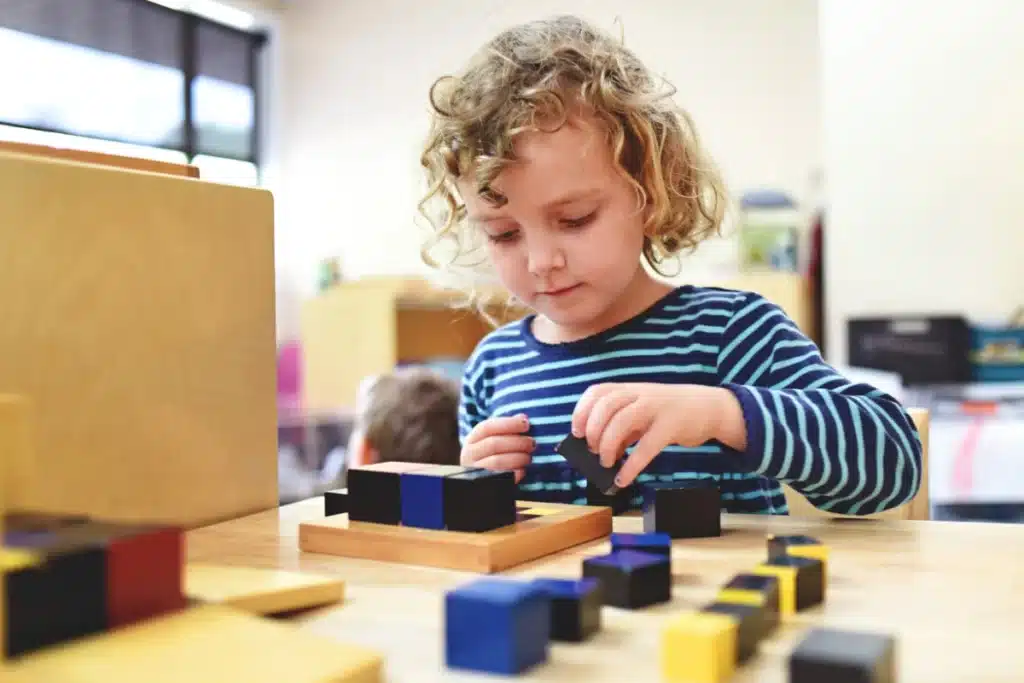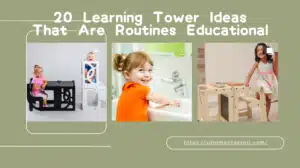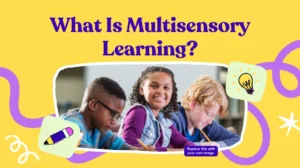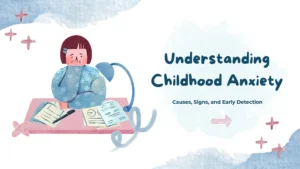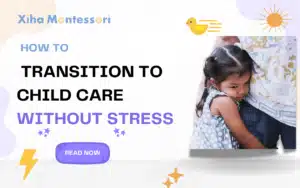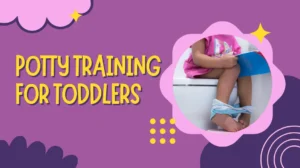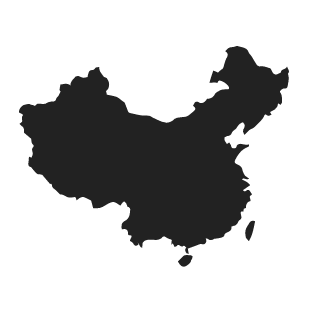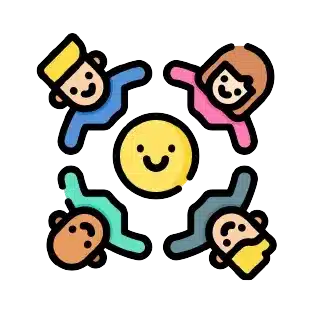Adaptability is a skill that is often overlooked, but it can help children become successful adults. The ability to remain steady and flexible no matter the circumstances can aid in critical thinking and problem solving. The Montessori philosophy does not underestimate the importance of adaptability, and there are many facets of the classroom and curriculum that teaches this valuable skill.
Here is how Montessori education teaches adaptability:
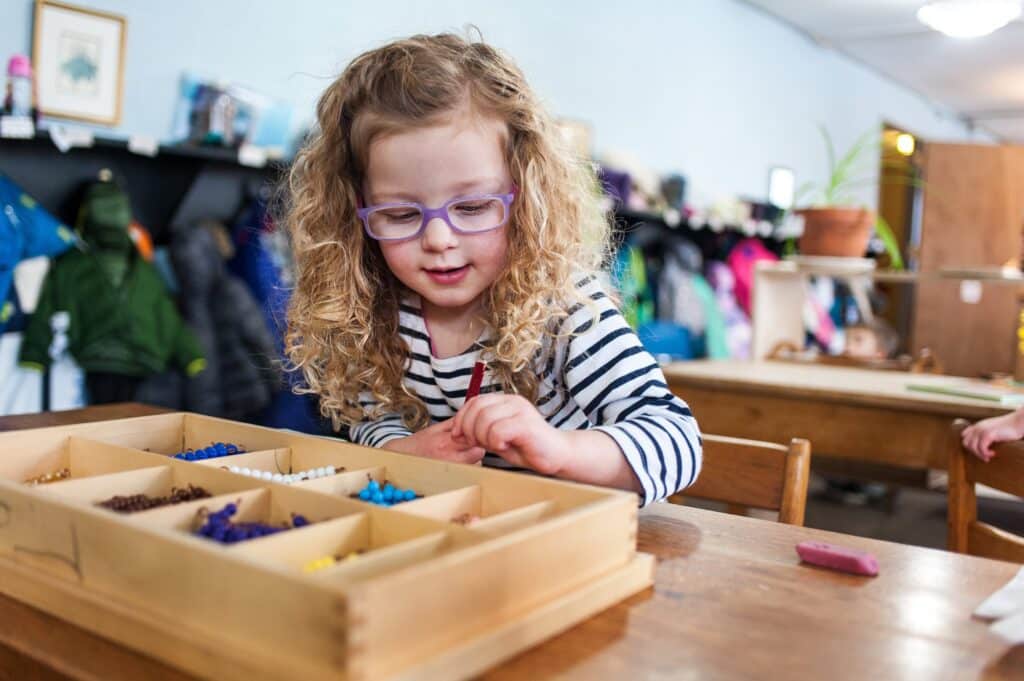
Self-Direction
Maria Montessori believed that “our care of the child should be governed, not by the desire to make him learn things, but by the endeavor always to keep burning within him that light which is called intelligence.” In other words, a child who is allowed to explore their passions will have their own motivation to go out and explore the world.
There are many elements of Montessori education that enable self-direction. The Montessori classroom encourages self-starting. Rather than having teachers conduct lessons throughout the day that everyone is required to listen to and be involved in, the children are allowed to choose their own tasks. Furthermore, most Montessori materials give the child a chance to self-assess their abilities.
There is no positive or negative reinforcement in the Montessori classroom. Mistakes are encouraged. Growth is fostered by letting children focus on their tasks and work towards mastery at their own pace. Such lessons will stick with the students throughout their whole lives.
3-Hour Work Cycles
Aside from self-correcting materials and a prepared environment that stimulates curiosity, there is time given each day for work. Children have 3-hour work periods each day. These work cycles allow students to organize their own assignments and to choose how long and hard they work with a specific material. The teacher guides the class, but the students choose their path.
The 3-hour work cycles begin at age 3 and teach even the youngest students how to manage their time and remain intrinsically motivated. The longer the students are given to delve into a task, the longer they can concentrate.
Not only do they have time to repeatedly try different methods for completing a task, they can also opt to work with others or alone. The children set the rhythm of their work, depending on what they feel that day. By practicing self-motivation and focus, children learn how to isolate the important tasks and how to find their own work rhythm.
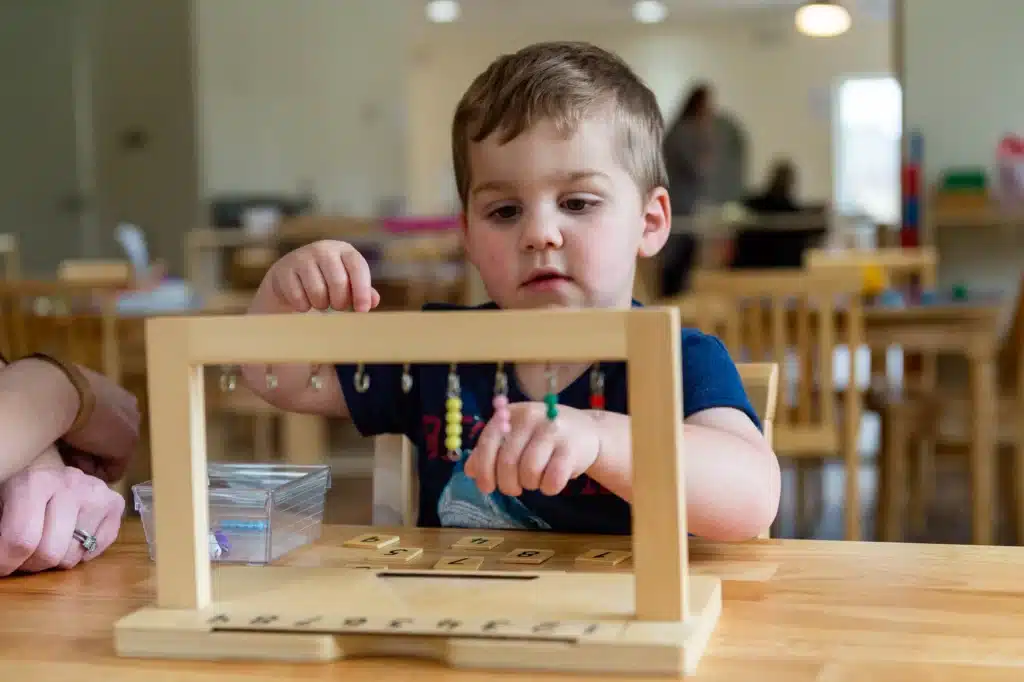
Varied Classroom Situations
It is impossible to control your environment all of the time or expect everything to remain the same. The Montessori classroom is a place that is in constant motion. There are always opportunities to try something new or to work in a group or alone. Therefore, the conditions are never set in stone, and that gives the students a chance to learn how to function in many settings. Together in groups or while working independently, the children learn to focus on the task at hand.
Mixed-Age Classroom
Another essential facet of adaptability is knowing how to work with all kinds of people. Unlike traditional school classrooms where most students are only a year apart in age, the Montessori classroom is mixed age. This means there is a 3 year age range between all students. Younger students have older mentors to look up to, and the older students can try being leaders and role models.
Not only do the students learn how to instruct and work with others, they also learn how to wear a number of hats throughout the day.
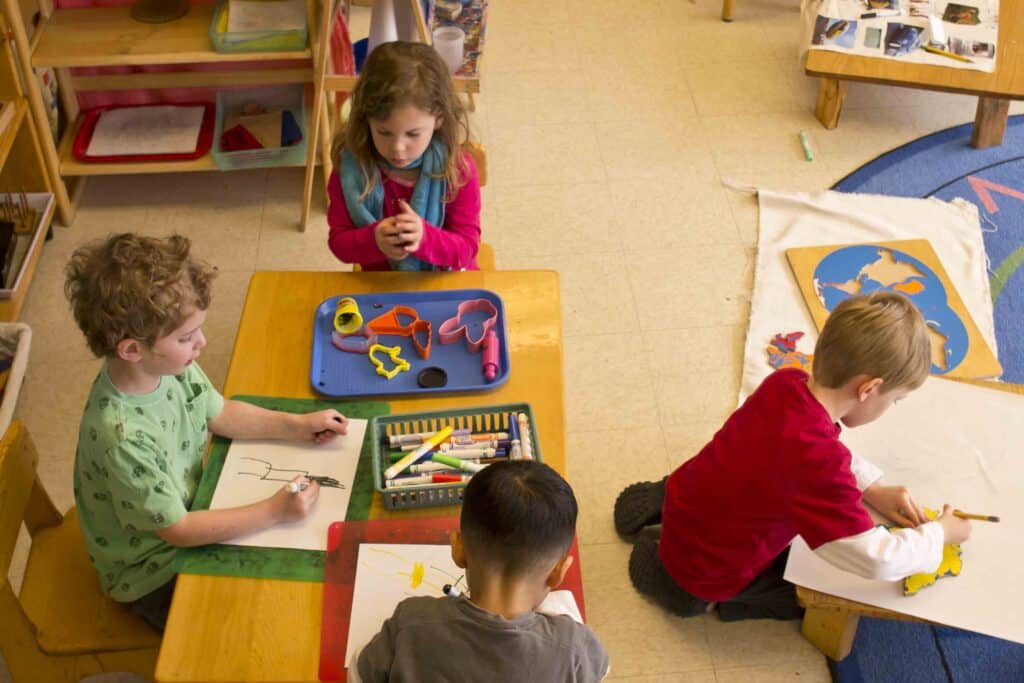
Individualized Curriculum
The Montessori classroom is not stagnant. The curriculum is a constantly evolving thing, as the students grow at their own pace. The teachers observe the students then change the individualized lesson plans to meet the needs of every child in the room. Whenever a child masters one concept, they are given a new task to move forward with their education. The design ensures that each student is always challenged just enough so they can continuously adapt and work to master increasingly complicated skills.
Mastery, too, aids in adaptability. For example, children in a Montessori program learn how to write letters at the same time they learn sounds. Gaining mastery over these skills helps students pronounce and spell more difficult words and sounds. They can adapt to the ever-increasing difficulty of books, and they can also add new words to their personal vocabulary much faster.
Looking For a Montessori School?
Montessori is not like traditional schooling, because it focuses on much more than the academic side of education. Students who attend a Montessori school are able to adapt to whatever challenges life may bring. Children learn to utilize their skills and knowledge to overcome difficulties, and they can also solve problems on their own.

